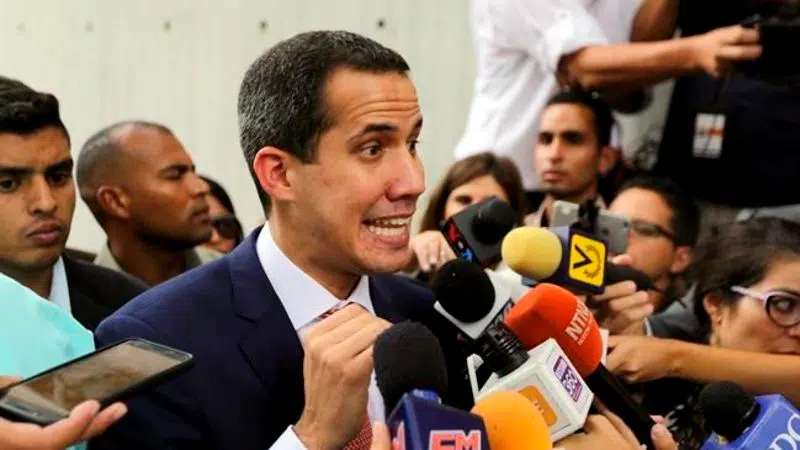
US emergency aid for Venezuela to be distributed in Colombia
BOGOTA — U.S.-supplied humanitarian aid that was earmarked for Venezuelan opposition leader Juan Guaidó will now be distributed in Colombia, officials said Thursday.
Colombia’s government said it had reached the decision with the U.S. and representatives of Guaidó because of Nicolás Maduro’s continued “blocking” of the aid.
In a statement, the national disaster agency said some of the aid would now be redistributed to some of the 1.2 million Venezuelan migrants who’ve crossed into Colombia fleeing hyperinflation and shortages of food, fuel and medicine.


